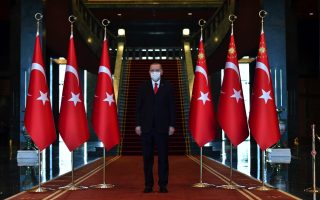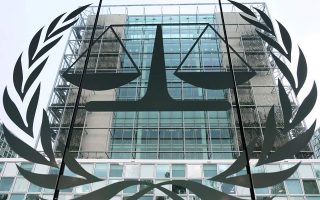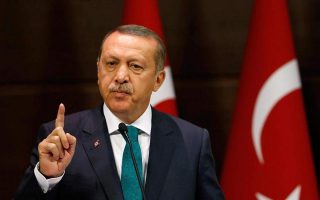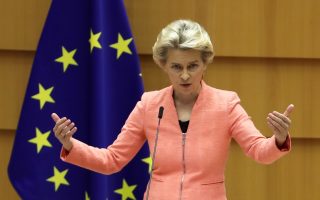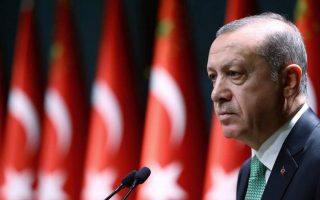The drums of war
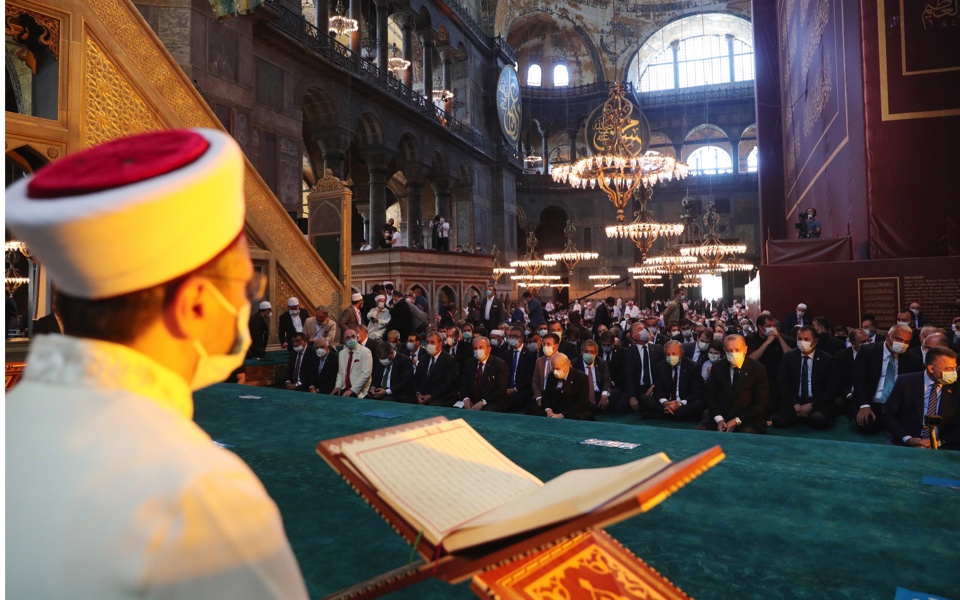
It is not at all rare in the history of humankind for a great war or a major shake-up of powers and politics to be cloaked in a religious mantle, for religious roots and references to be attributed as the cause of social phenomena and political developments.
The phenomena of religiously motivated hate, violence, intolerance and fanaticism we have seen in our sister nation France in recent days are tangible proof of this. It is unfathomable that the European continent, the birthplace of democracy, a cradle of Christianity and Roman law, should be experiencing the preconditions of a religious war, a conflict that could spill out into something much bigger, with extremely grave consequences.
It is evident that the Treaty of Lisbon cannot inspire member-states to proceed toward the much-covered political integration, toward a common social policy and the adoption of a shared multicultural system of values and principles; toward a common arena of social prosperity and peace, which is something that has so often been talked about in the past.
Europe was late in waking up to the challenge and the perils of lacking a coordinated migration and refugee policy. It has failed until now to develop the necessary antibodies for a proper understanding of European identity; an identity which will be based on the three founding principles mentioned above, and with full respect to the historical, linguistic, cultural and religious tradition of each European Union member-state; an identity which will bolster the sense of coexistence while at the same time framing the principles for our peaceful course, progress and comprehension of difference. Such difference should not intimidate us. But at the same time, it must not lead to compromises to Europe’s long historical legacy.
We need fresh blood, but at the same time we need processes of integration and embodiment that will be in line with the European and Christian ideal. Those who believe that this is a one-sided view should be reminded that the values of coexistence and integration have in the past been fully applied only in a Christian environment. Any exceptions confirm the rule. Christian teachings are the most solid foundation for the materialization of the European ideal. We learn how to live with the other, to love any other, to cure the weaknesses of the other by experiencing the message of the Gospel and putting it into practice. And that in no way is proselytism.
The hate speech, the discrediting of Christian churches and monuments by neighboring Turkey has been a cause for sadness, concern and indignation. We are curiously observing the moves of President Recep Tayyip Erdogan, who probably aspires to lead a theocratic neo-Islamic model, isolated from the rest of the world, and, it often seems, from the rest of Islam. The reactions to and the implications of that policy are well known.
But the question arises: Is this what Islam is all about? A bellicose religion? Obviously not. This would, after all, be unfair to the huge and longtime efforts by the Ecumenical Patriarchate and incumbent Patriarch Vartholomaios to build a solid bridge of understanding and dialogue between peoples and civilizations. There is no room for profound analyses. Here is an opportunity to finally realize the role and the status of religions in the peaceful path toward integration, toward the good of coexistence, toward the acceptance of difference as a means of better understanding fellow humans.
The hideous and condemnable incidents in France, the blood of so many innocent people will hopefully awaken Western civilization from its oblivion and idleness. This is what this article is aiming at. To make the drums roll. Not as the beginning of war, but as a cry of despair for a change of policy, a change of thought, a change of the European project. Also a wish that we never hear these drums in this country. It’s up to us to achieve this.
Gabriel is bishop of Nea Ionia and Philadelphia.
